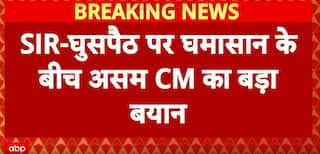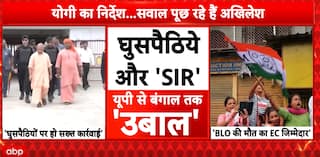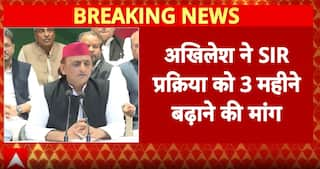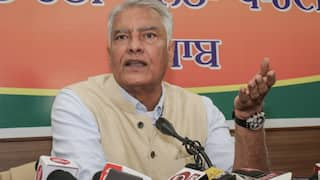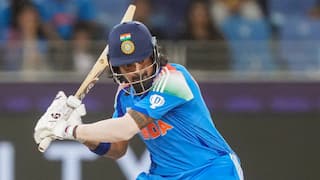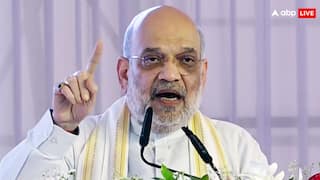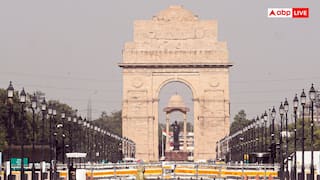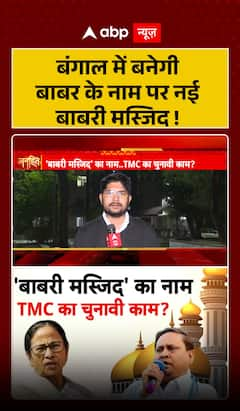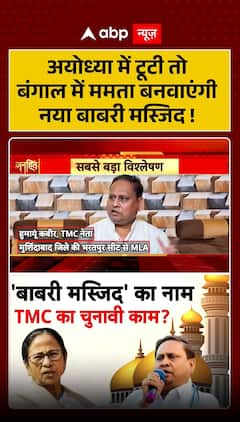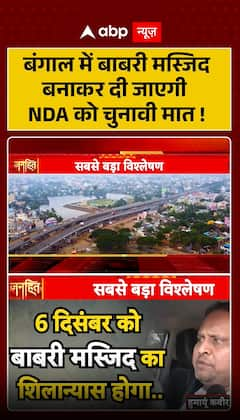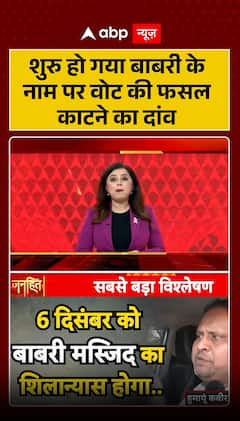Not All Private Property Can Be Acquired By State For Public Good: Supreme Court
A nine-judge Constitutional bench of the Supreme Court on Monday in a majority verdict held that not all private resources of the individuals are material resources of the community that the government can take over to subserve a common good.

A nine-judge Constitutional bench of the Supreme Court on Monday in a majority verdict held that not all private resources of the individuals are material resources of the community that the government can take over to subserve a common good. The top court however unanimously upheld the Article 31C of the Indian Constitution (as interpreted in Kesavananda Bharati verdict) which states that laws that implement the state's policy towards Directive Principles Of State Policy (DPSP) are not void.
The apex court today delivered its judgment on the issue of whether private resources form part of the 'material resource of the community' under Article 39(b) of the Constitution. Article 39(b) is the DPSP that deals with the government's power to take over privately owned property or material resources for a common good. The Article 39(b) states that the State shall, in particular, direct its policy towards securing- "that the ownership and control of the material resources of the community are so distributed as best to subserve the common good."
In a landmark verdict, the apex court today said that it cannot subscribe to Justice Iyer's philosophy that every asset, including that of private individuals, can be termed community resource. CJI Chandrachud while dictating the judgment said that not all privately owned resources can be acquired by the State even as the State can stake claims over resources that are material and are held by the community, for public good.
The bench today overturned a series of its judgments since 1978 that reflected the socialist economic policy of that time in India. These previous verdicts by the Supreme Court had held that to develop an egalitarian society, a government can direct a redistribute community's material resources, including privately properties of individuals, to subserve common good.
The nine judge-bench's majority judgment was authored by CJI Chandrachud, for himself and Justices Hrishikesh Roy, J B Pardiwala, Manoj Misra, Rajesh Bindal, S C Sharma and A G Masih. Justice B V Nagarathna partially dissented with the CJI while Justice S Dhulia dissented with the CJI.
The bench headed by CJI Chandrachud in a majority verdict held that Justice Krishna Iyer's 1978 ruling, which held that all properties of private individuals can be termed community property by the government, advanced socialist economic ideology, and hence is unsustainable today.
Does Material Resource Of a Community Used In 39B Include Privately Owned Resources?
CJI Chandrachud while dictating the majority verdict said that theoretically, the answer is yes. The phrase may include privately owned resources.
"However, this court is unable to subscribe to the minority view of Justice Iyer in Ranganath Reddy (judgment). We hold that not every resource owned by an individual can be considered a material resource of a community only because it meets the qualifier of material needs. The enquiry about the resource in question falls under 39-b must be contest specific and subject to a non-exhaustive list of factors such as nature of resource, the characteristics, the impact of the resource on well being of community, the scarcity of resource and consequences of such a resource being concentrated in the hands of private players. The public trust doctrine evolved by this court may also help identify resources which fall under the ambit of material resources of a community." CJI Chandrachud said.
The top court today gave its verdict noting that there was a shift towards socialist economy in 1960s and 70s, but the focus shifted to market oriented economy in the 1990s after India opened itself to Globalisation. The Supreme Court said that adopting a dynamic economic policy through the last 30 years has made India the fastest growing economy in the world.













